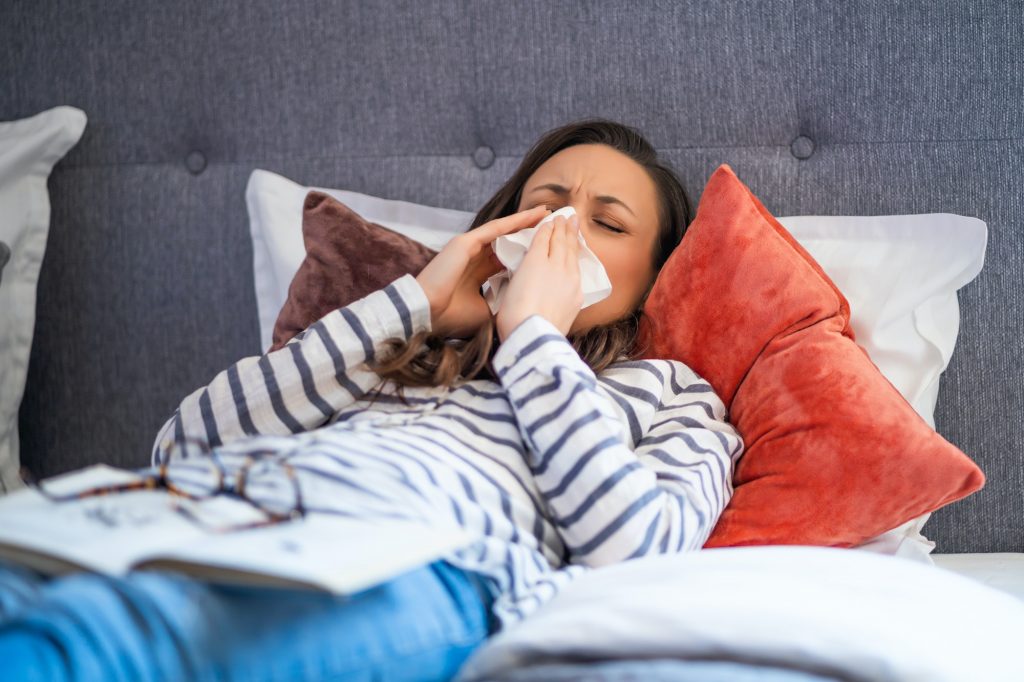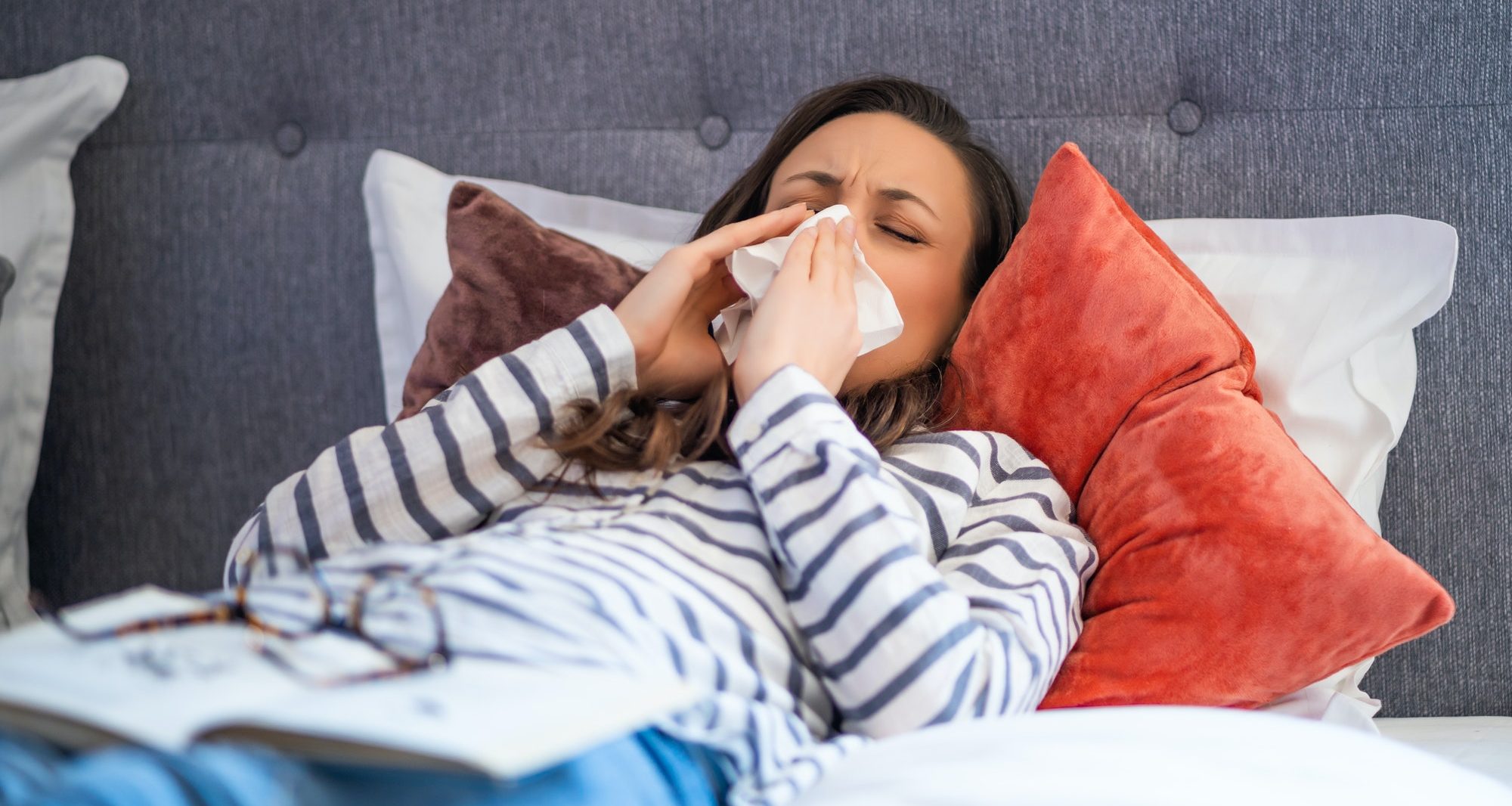
Learn how to deal with seasonal allergies at home with advice from top doctors in Arizona
Spring is a beautiful time but it can wreak havoc for people who suffer from seasonal allergies. According to estimates, 16.9 million Americans suffer from seasonal allergies. An allergy is basically an overresponse of the immune system to something it perceives as harmful.
When the body encounters a foreign substance such as pollen or hay, it perceives it to be dangerous and sends the body into overdrive to get rid of it.
Hence the compulsive sneezing and wheezing occur. Typical symptoms of seasonal allergies are coughing, sneezing, watery eyes, nasal congestion, runny noses, and a feeling of droopiness. If you suffer from seasonal allergies, read these safe ways of dealing with allergies effectively, and minimizing their impact.
Clean Your Nose Frequently
- Cleaning the nose frequently will eliminate the trapped irritants. Saltwater is the ideal solution for rinsing out the nose. The saltwater solution can be prepared at home. It regulates the nose’s pH and helps get rid of irritants.
Saltwater rinses act better compared to saline nasal sprays.
Reduce Contact With Allergy Triggers
The best way to deal with seasonal allergies is to reduce your exposure and contact with irritants. To do that, perform the following actions:
- Monitor the pollen count. Stay indoors on days with particularly high pollen count.
- Dry windy days are the worst. Pollen is everywhere. Limit your outdoor activities on such days. The best time to go outdoors is after a good rain as it filters away the pollen.
- Limit gardening activities such as lawn mowing and pulling out weeds.
- After coming back inside, take a shower and get rid of the clothes you wore outside. Pollen is everywhere.
- Wear a pollen mask every time you go outside.
- Avoid drying laundry outdoors and pollen sticks to it.
Maintain A Pollen Free Indoor Environment
Make sure that the indoors are free of pollens. In this regard, take the following steps:
- Close windows and seal all outlets. Keep the air conditioning running indoors and in the car.
- Buy High-Efficiency Particulate Air (HEPA) filter as it removes most of the allergens.
- Dust off the furniture regularly and use a vacuum cleaner that has a HEPA filter installed.
Over-the-Counter Remedies
There are multiple OTC medicines that can help alleviate allergy symptoms and provide you temporary relief.
Administer Oral Antihistamines
Antihistamine is an OTC drug that helps relieve typical allergy symptoms such as sneezing, runny nose, and itchy eyes. They provide instant relief and can be taken without a doctor’s prescription. Some common antihistamine medicines include:
- loratadine (Claritin, Alavert)
- Cetirizine (Zyrtec Allergy)
- Fexofenadine (Allegra Allergy)
Use Decongestants
- They are a type of oral antihistamines. They help relieve nasal stuffiness. Some decongestants such as pseudoephedrine (Sudafed, Afrinol, others) can be administered orally while others such as xymetazoline (Afrin) and phenylephrine (Neo-Synephrine) can be administered in the form of nasal sprays.
Care should be taken in using nasal decongestants. Use them a couple of times during a week and don’t overuse them.
Use Allergy Immunotherapy As A Last Resort
- Allergy immunotherapy is one of the most effective ways to combat persistent allergy. As the name depicts, allergy immunotherapy involves injecting the body with a substance you are allergic to and stimulating the body to build a tolerance to that allergen.
When the allergen is introduced, the body reacts but overtime it becomes desensitized to it. Slowly, it builds sufficient tolerance to the allergen so that when the body encounters the real allergen, it does not have an allergic reaction.
Successful administration of immunotherapy can help relieve allergic symptoms and visibly reduce the need for administrating oral medicine. However, immunotherapy requires time to settle in which can range from several months to a year.
This information has been brought to you by Optima Medical. They provide services in several locations in Arizona.






